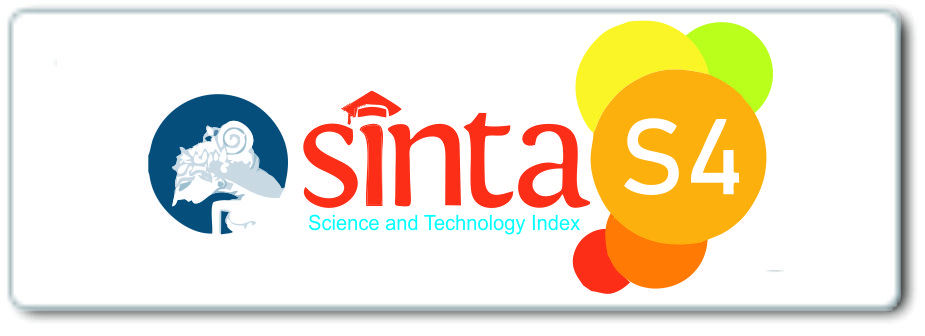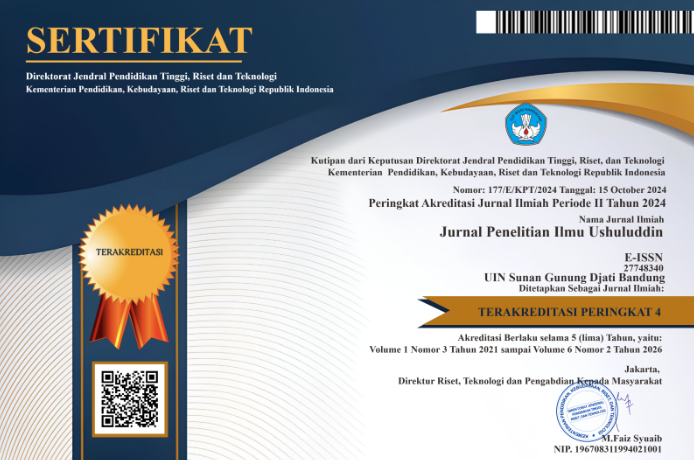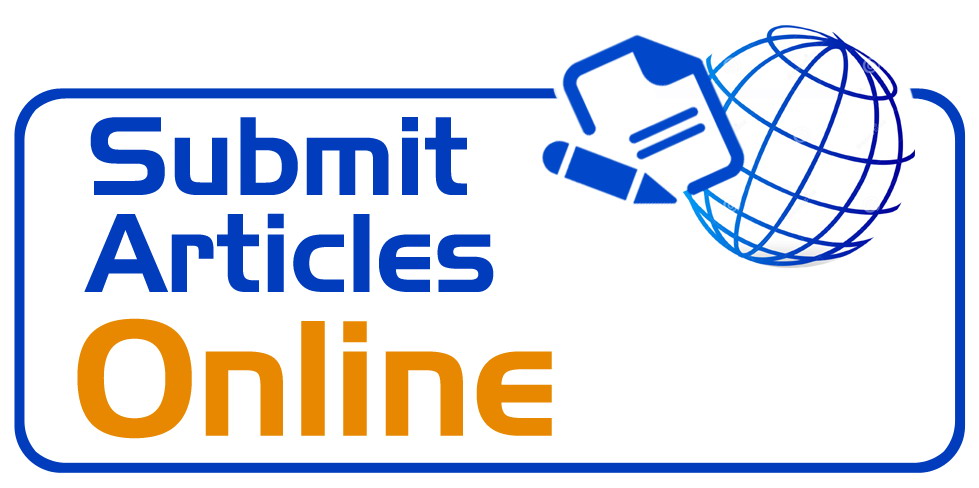Cyborgs dan Perempuan Menurut Pandangan Posthumanisme Donna J. Haraway
DOI:
https://doi.org/10.15575/jpiu.19521Keywords:
Cyborg, Donna J. Haraway, Posthumanism, WomenAbstract
There is a need to re-question the human condition today, and technology changes the history of human civilization and social development, so that the "condition" of Posthumanism and cyborgs is one of them. The vision of 'post-gender' cyborgs has sparked feminist interest in reclaiming technology as a tool of liberation, whose identity has always been biologically identical, but cyborgs view this differently. Because of cyborgs, women are able to create their own identity, and create a more ideal reality for women. This research uses qualitative methods and literature study approach. The data used in this study are primary data in the form of the work of Donna J. Haraway and secondary data in the form of books and journals related to the discussion of this research. The conclusion of this study is that women should use technology as a tool for liberation and as a "former" of non-biological identity.
References
Clynes, M., & Kline, N. (1960). Cyborgs and space. Astronautics, 26–27, 74–75.
Cook, P. S. (2004). The Modernistic Posthuman Prophecy of Donna Haraway. Paper Presented to the Social Change in the 21st Century Conference , October, online. https://core.ac.uk/download/pdf/10873050.pdf
Delaney, T. T., Schwartz, B., & Basgen, B. (2000). A Critique of The German Ideology. 1932.
Furqon, S., Busro, B., Hambali, R. Y. A., Albustomi, A. G., & Hannah, N. (2021). Gender in Artificial Intelligence (AI-Android) on Sophia and (AI-Virtual) on Lilmiquela. IOP Conference Series: Materials Science and Engineering, 1098(3), 032091. https://doi.org/10.1088/1757-899x/1098/3/032091
Grebowicz, M. (2010). When Species Meat. In Humanimalia (Vol. 1, Issue 2). https://doi.org/10.52537/humanimalia.10101
Green, P. A., & Haraway, D. J. (1992). Simians, Cyborgs, and Women: The Reinvention of Nature. In Contemporary Sociology (Vol. 21, Issue 3). https://doi.org/10.2307/2076334
Hall, G. (2017). The Posthuman. Pirate Philosophy, 85–126. https://doi.org/10.7551/mitpress/9780262034401.003.0004
Haraway, D. (1999). Manifesto Cyborg. Nature Reviews Neuroscience, 3(12), 315–334. http://www.cyberfeminisme.org/txt/cyborgmanifesto.htm
Jannah, S. R. (2019). Teknologi, Feminisme dan Eksistensi Cyborg. BioKultur, 8(2), 1–22.
Murphy, M. (2018). Making kin not population. Making Kin Not Population, 101–124. http://www.feministstudies.org/submissions/
Papperell, R. (2003). The Post Human Condition Consciousness beyond the brain.
Pepperell, R. (2003). The posthuman condition consciousness beyond the brain. In The Posthuman Condition Consciousness Beyond the Brain (Issue January 2003). https://doi.org/10.13140/2.1.2140.1289
Plant, S. (2003). Zeroes + Ones. British Council. https://literature.britishcouncil.org/writer/sadie-plant
Rosi Braidott. (2016). Posthuman Critical Theory. Critical Posthumanism and Planetary Futures, 1–277. https://doi.org/10.1007/978-81-322-3637-5
Simone de Beauvoir. (n.d.). The Second Sex.
Smith, B. J. (2014). Relasi Gender Dan Kekuasaan. 15, 519–548.
Soetjatmiko, N. A. (2019). No TitleTransformasi dari Percaya Klenik ke Oreinetasi Teknologi Melalui Fiksi Ilmiah. In Yogyakarta.
Steelwater, E. (2012). Humanism. In Encyclopedia of Applied Ethics. https://doi.org/10.1016/B978-0-12-373932-2.00208-8
Surokim As. (2017). Internet, Media Sosial, Dan Perubahan Sosial Di Madura. 137. http://komunikasi.trunojoyo.ac.id/wp-content/uploads/2016/01/BUKU-4-IKOM-Internet-Media-Sosial-dan-Perubahan-Sosial-di-Madura.pdf
Wattimena, R. A. A. (2018). Metodologi Penelitian Filsafat (Editor: Reza A.A Wattimena) (Issue January 2010).
Weigel, M. (2019). Interview Cyborg Manifesto author and philosopher who explores the nature of reality discusses the science wars and climate activism.
Downloads
Published
Issue
Section
License
Authors who publish in Jurnal Penelitian Ilmu Ushuluddin agree to the following terms:
- Authors retain copyright and grant the journal right of first publication with the work simultaneously licensed under an Attribution-ShareAlike 4.0 International (CC BY-SA 4.0) License that allows others to share the work with an acknowledgment of the work's authorship and initial publication in this journal.
- Authors are able to enter into separate, additional contractual arrangements for the non-exclusive distribution of the journal's published version of the work (e.g., post it to an institutional repository or publish it in a book), with an acknowledgment of its initial publication in this journal.
- Authors are permitted and encouraged to post their work online (e.g., in institutional repositories or on their website) prior to and during the submission process, as it can lead to productive exchanges, as well as earlier and greater citation of published work (See The Effect of Open Access).












